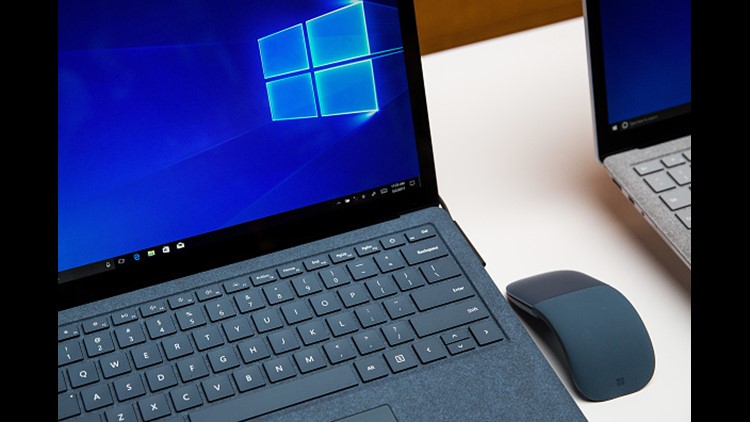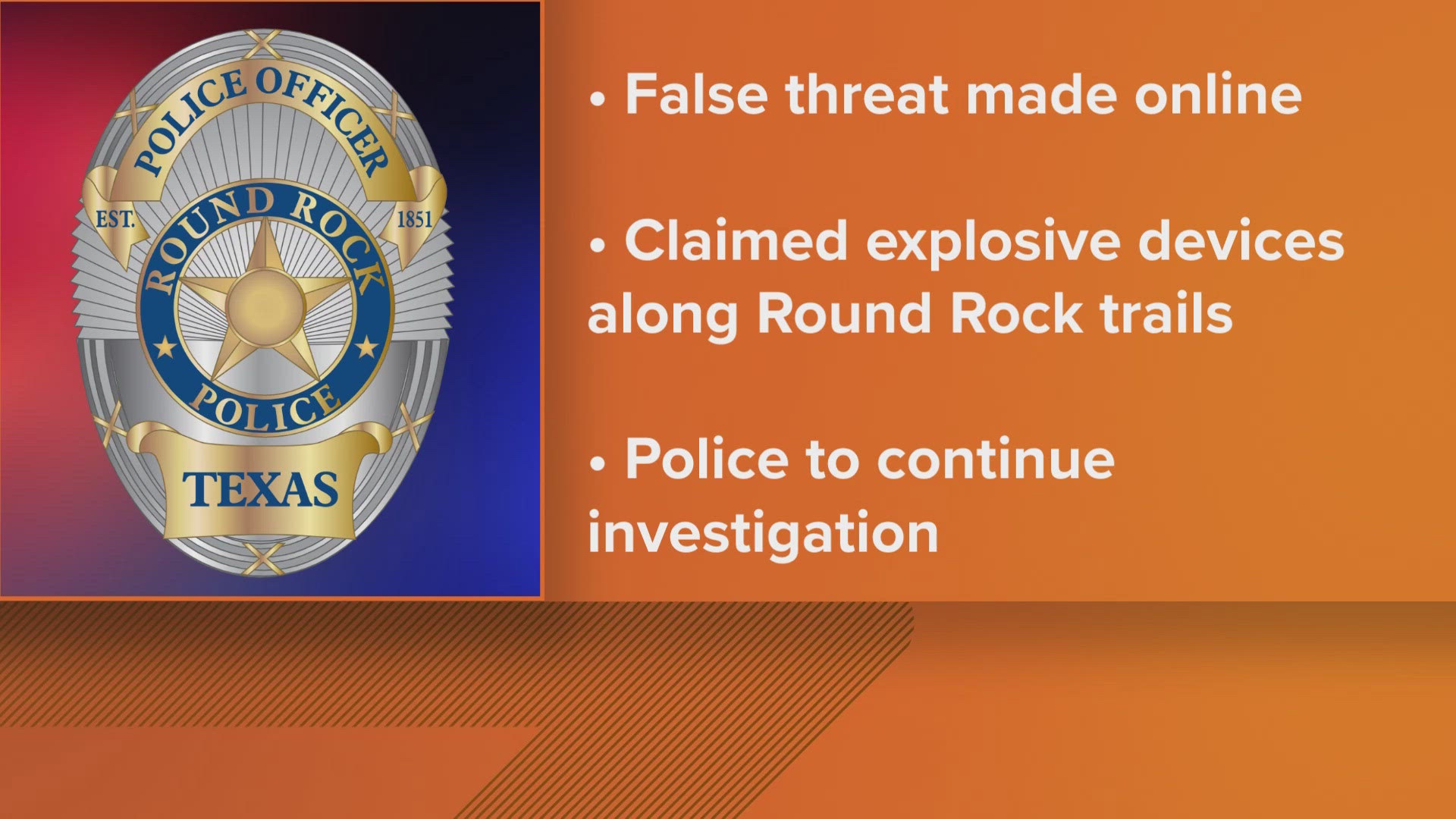A fast-moving ransomware variant has infected thousands of computers in at least 74 countries. Here's what you should do to protect yourself.
Patch
The ransomware in question, WannaCry, relies on a hole in the Windows 10 code which Microsoft issued a patch on March 14. It’s crucial that customers allow their computers to automatically patch themselves when patches are issued. Machines that contained the patch are much less at risk than those that didn't.
Just Windows?
The WannaCry ransomware appears to only attack unpatched computers running Windows 10. But this doesn’t mean those whose computers run on Apple or Linux code should feel smug. They, too, should regularly update with software patches as they’re issued.
Consider protection
If you’re not on a work network that already has security, consider installing some form of security program on your computer. There are many possibilities and all provide at least some protection, even if it’s only reminders to be cautious when downloading potentially infected files.
Backup already!
Backup your system fully and on a regular basis. That way even if you’re hit with ransomware you’ve got all your files protected elsewhere. Note this means that the backup can’t be on your computer but should be in the cloud or on an external hard drive.
Don't grumble when your system administrator at work takes the network down periodically to update systems, which usually includes installing new and often critical software patches.
Close up those ports
When you’re using public WiFi networks, make sure you tell your system that you’re on a public network (many will ask if it’s a public or home computer.) That tells your operating system that it’s functioning in a potentially threat-filled environment and it will close off some of its more vulnerable software ports to the outside.



